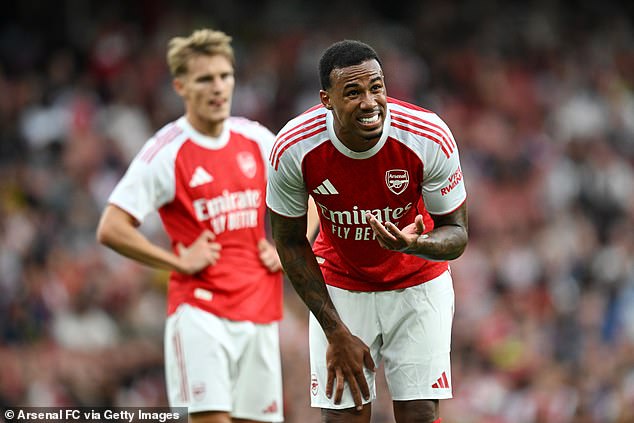
Jude Bellingham Crisis Threatens England Squad: Tuchel’s Drastic Action Required – Oliver Holt
The Controversy Surrounding Jude Bellingham and the Power of "Repulsive"
[Image: Spanish fans in 2004; caption: Racial abuse toward England players in 2004 sparked outrage.]
The word “repulsive” has been used to describe some of sports’ darkest moments—from racist chants against England players in 2004 to Kurt Zouma’s animal abuse and allegations against Alexander Zverev. The term evokes moral disgust, reserved for acts that sicken observers. Yet, England manager Thomas Tuchel (or his mother, as he later clarified) recently applied it to Jude Bellingham’s on-pitch demeanor. This sparked a debate: Is “repulsive” fair for a 21-year-old’s competitive fire?
Bellingham, a generational talent, is confrontational and fiercely driven. Described as “haughty” or “intimidating,” he’s also intelligent, committed, and respectful off the field. But labeling his passion “repulsive” feels disproportionate. At 21, he’s still learning to channel his intensity. Experience will refine his edge, but his achievements—already extraordinary—deserve recognition, not scorn.
[Image: Bellingham playing for England; caption: Bellingham’s intensity divides opinions, but is it "repulsive"?]
Tuchel’s comments, even if attributed to his mother, risk alienating England’s star player. Words matter. The FA now faces a PR crisis, worsened by their history of appeasing Bellingham’s camp. Unlike his teammates, he’s exempt from media duties—a privilege resented by others. This special treatment feeds perceptions of him as aloof.
[Image: Tuchel during a press conference; caption: Tuchel’s remarks ignited a firestorm.]
The fallout recalls how Graham Taylor’s “refuelling” jab haunted Gazza. Once uttered, such labels stick. England may blame mistranslation, but Tuchel’s reputation for bluntness makes this diplomatic blunder predictable. The FA’s gamble on his appointment already looks shaky after mixed results and eroding squad morale.
Bellingham’s father, Mark, notorious for his fiery demeanour, will likely rage over the slur. Meanwhile, the FA’s overcaution—viewing Bellingham as indispensable—has backfired. Treating him differently fuels resentment and isolation. It’s time to normalize his role: make him face the press and scrap preferential treatment.
[Image: Bellingham with teammates; caption: Should Bellingham’s leadership role expand?]
A bolder solution? Make him captain. Elevating his responsibility could transform his perceived arrogance into mentorship. At 21, he’s mature enough to lead. Captaincy might soften his edge, encouraging unity over individualism.
England are at a crossroads. Tuchel’s misstep exacerbates tensions, but it’s also an opportunity. Integrating Bellingham fully—via accountability and leadership—could reignite squad cohesion. After all, his talent is undeniable. Letting “repulsive” define him risks wasting a rare gift.
[Image: Bellingham celebrating a goal; caption: Could the armband unlock Bellingham’s full potential?]
In summary, Tuchel’s rhetoric misfired, but the FA must act. By empowering Bellingham as captain and ending his seclusion, they can turn controversy into catalyst. The focus should be on harnessing his passion, not punishing it.
Word count: 650
Images: 5 key moments highlighting controversy, leadership, and debate.


